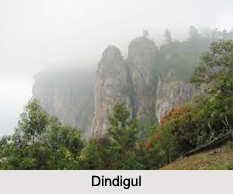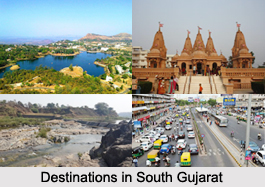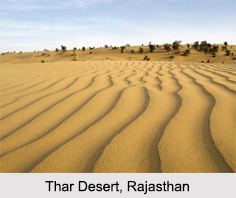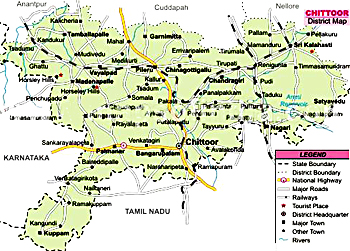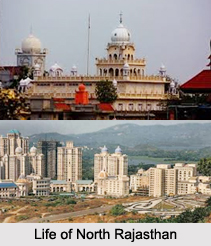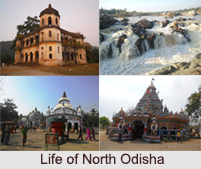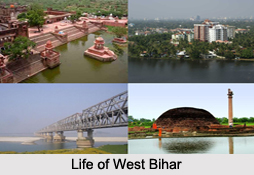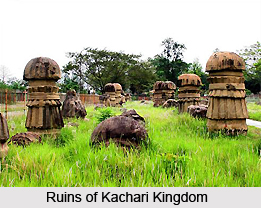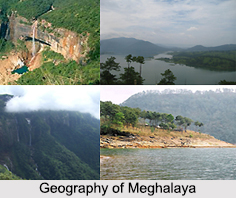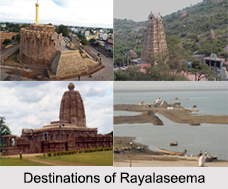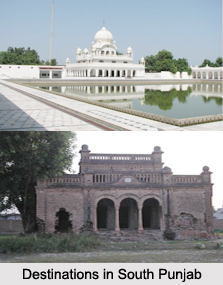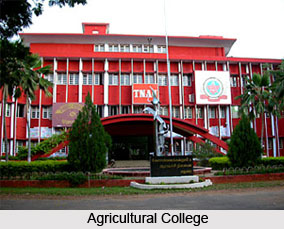 Economy of Erode district is depended on its trade and industry. However the district is also advanced in the field of agriculture. Close association and link with Coimbatore district which has the advantage of two premier agricultural Institutions like the Agricultural College and the Research Institute have helped the farmers of this district to keep abreast of developments in agricultural methods and practices and also improved strains of seeds. The publicity and developmental activities launched by the agricultural institutions in Coimbatore penetrated far and wide in the district of Erode. Irrigation facilities coupled with the awareness of improved methods of farming helped the agriculturists to forge ahead. Though the soil so good, utilization of improved methods of cultivation and improved strains of seeds have helped the agriculturists in the district to maximize their output.
Economy of Erode district is depended on its trade and industry. However the district is also advanced in the field of agriculture. Close association and link with Coimbatore district which has the advantage of two premier agricultural Institutions like the Agricultural College and the Research Institute have helped the farmers of this district to keep abreast of developments in agricultural methods and practices and also improved strains of seeds. The publicity and developmental activities launched by the agricultural institutions in Coimbatore penetrated far and wide in the district of Erode. Irrigation facilities coupled with the awareness of improved methods of farming helped the agriculturists to forge ahead. Though the soil so good, utilization of improved methods of cultivation and improved strains of seeds have helped the agriculturists in the district to maximize their output.
Paddy is grown over eighty six thousand nine hundred and thirty nine hectares. After paddy, Cholam is raised in more than eleven thousand two hundred and forty hectares. Pulses are not cultivated here in large scale and thirty one thousand four hundred and ninety eight hectares of land are used for raising pulses. Among condiments and spices, turmeric and chillies are prominent. Cultivation of turmeric extends over forty one thousand five hundred and thirty three hectares. Among the non food crops, oil seeds cover the most parts with 55.23 percent of the total area under non food crops in this district. A total of ninety five thousand and eighteen hectares are under oil-seeds cultivation and of these, ground-nuts account for fifty five thousand six hundred and ninety six hectares while gingerly accounts for twenty four thousand eighty four hectares. Ground-nut is the most popular oil-seed raised in this district. Among other non-food crops raised here, the most important items are cotton, sugarcane and tobacco. Sugarcane is raised in thirty thousand nine hundred and three hectares. Cotton is grown in few hectares while tobacco is raised in four thousand nine hundred and twenty three hectares in this district.
Fisheries in Erode District
In this district, inland fisheries are the only resource for fishermen which also contribute to the district`s economy. As a landlocked district, there are no options for marine fishing and hence the opportunities for fishing are restricted. With the aid of the Fisheries Department, rapid strides have been made in the development of fisheries in the Erode district. Special emphasis is laid on the formation of fishermen`s co-operatives and familiarizing the local fishermen with the improved methods. With the help of the co-operative organization which assured deep involvement of the fishermen, a number of co-operative organizations have been formed.
Animal Husbandry in Erode District
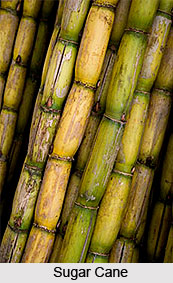 The district of Erode in the state of Tamil Nadu is rich in its natural cattle wealth and concerted efforts of the Animal Husbandry Department have further augmented the cattle wealth. There are four major breeds of cattle in this district. They are the Kangayam breed, the Burgur breed, the Kollegal variety and the Alanbodies. Kangayam breed of cattle is indigenous to Coimbatore. With varieties of breeds available, the district has made a fast progress in the field of animal husbandry. Erode has acquired an enviable position for itself in the field of dairy development industry in the state. The Tamil Nadu Milk Producers Federation possesses a milk collection center and processing plant at the Erode district from where pasteurized milk is transported in cases to various parts of the state daily.
The district of Erode in the state of Tamil Nadu is rich in its natural cattle wealth and concerted efforts of the Animal Husbandry Department have further augmented the cattle wealth. There are four major breeds of cattle in this district. They are the Kangayam breed, the Burgur breed, the Kollegal variety and the Alanbodies. Kangayam breed of cattle is indigenous to Coimbatore. With varieties of breeds available, the district has made a fast progress in the field of animal husbandry. Erode has acquired an enviable position for itself in the field of dairy development industry in the state. The Tamil Nadu Milk Producers Federation possesses a milk collection center and processing plant at the Erode district from where pasteurized milk is transported in cases to various parts of the state daily.
Trade and Industry in Erode District
Erode district holds a notable place in the industrial map of Tamil Nadu with 40.32 percent of population depending on non-agricultural sector. Trade and industry occupy a prominent place in the economy of this district. Industries that flourished in early days in the area were handloom weaving, cart manufacturing, carpet manufacturing, brass vessel manufacturing, oil-pressing, etc. The advent of modern times changed the fate of some of these well established ancient industries. Dharapuram, which was known for the manufacture of load carrying and passenger carts lost its importance after the advent of modern means of transport of two wheelers like cycle, scooter, moped etc. However, the industry still survives at Dharapuram and load carrying carts are still manufactured. Handloom industry in Erode district has encouraged the growth of several ancillary industries to meet the needs of the textile mills. Chennimalai, Erode, Gobichettipalayam etc., are the prominent centers where cotton ginning done on a large scale. There are several major dying works in Erode, Chennimalai and Bhavani. A number of factories engaged in cotton fabric printing are also functioning in Erode.
Rice milling is another industry which exists in the Erode district. Erode, Bhavani, Perundurai, Dharapuram and Kangayam are centers where a number of rice mills are flourishing. There are several leather tanneries in Erode and Dharapuram area. Huge amount of leather are brought here for tanning and later those are exported to foreign countries. Both manufactured items as well as agriculture commodities are included in the trade items. Major items of export from the Erode district are handloom products, raw cotton, dairy products, rice etc and the items brought are mostly oil-seeds, coal etc.







